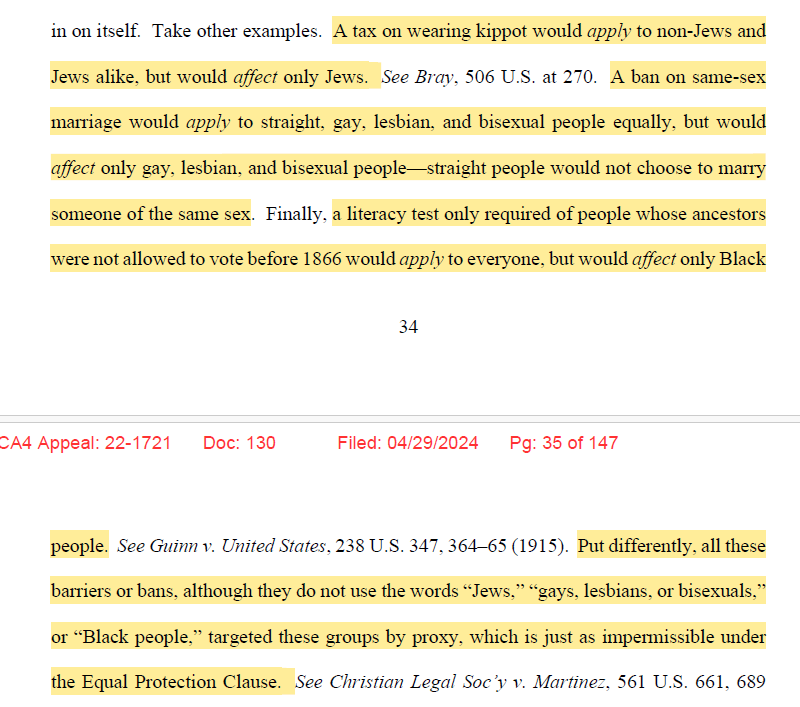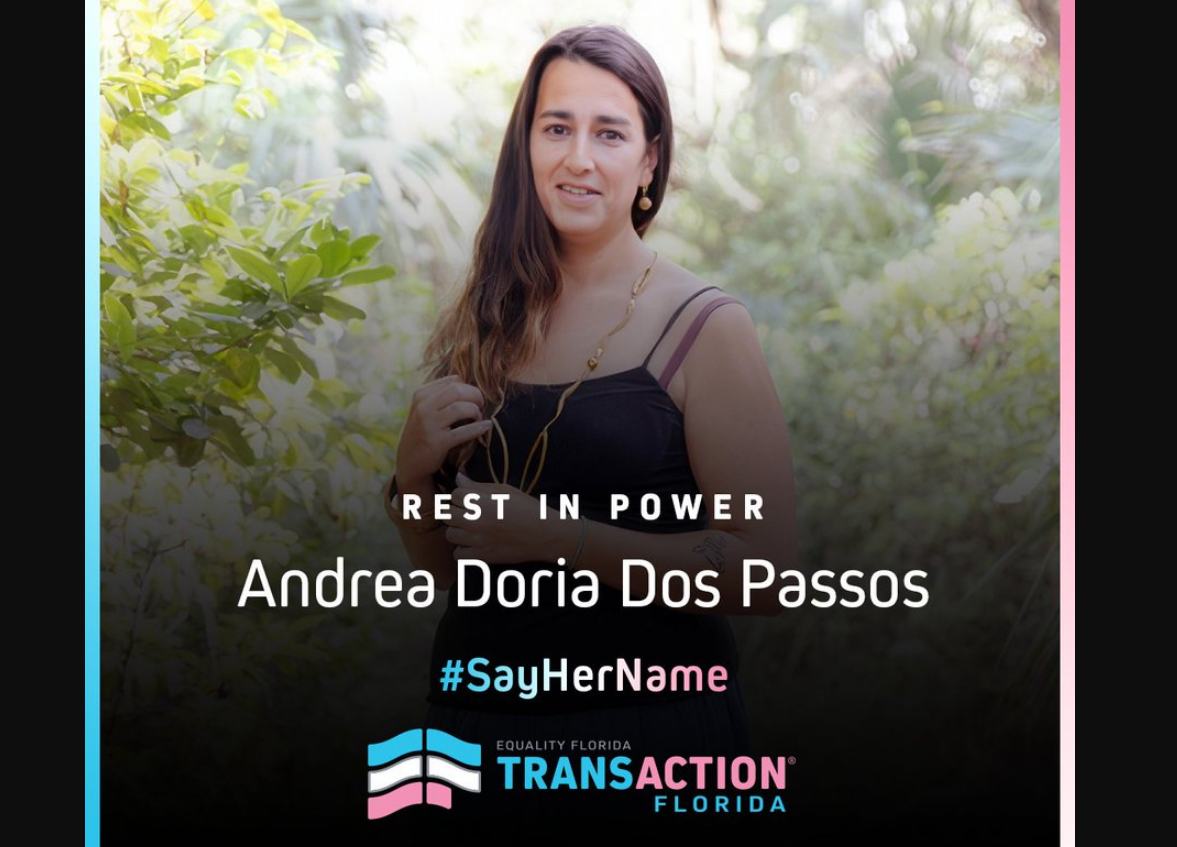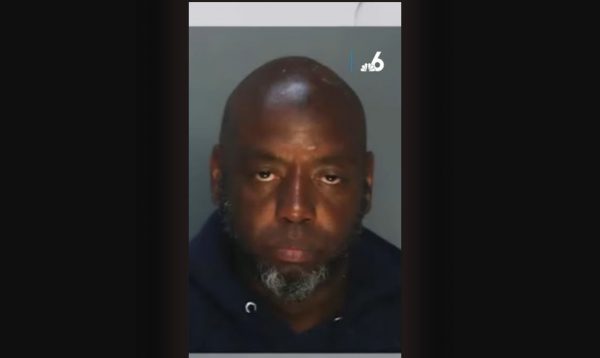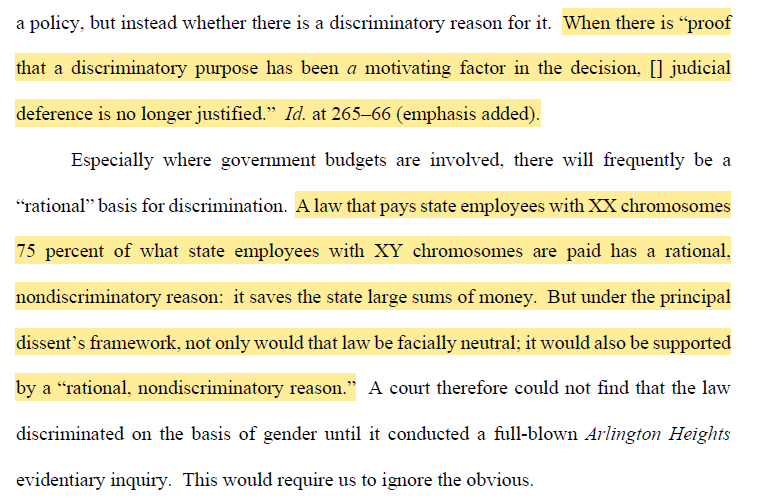National
Calif. man could become first openly gay dad in Congress
The mayor of Palm Springs is making a bid to become the first openly gay member of Congress who’s married with children.
Steve Pougnet, 46, a Democrat, is seeking to oust Republican incumbent Mary Bono Mack next year to represent California’s 45th district in the U.S. House. A win for Pougnet would make him the fourth sitting openly gay member of Congress.
Pougnet, who’s currently mayor of Palm Springs and a former city council member for the city, said in an interview with DC Agenda that he’s running for a House seat because he’s always had a “huge passion” for public service.
“I’ve always had the ability to lead, to bring people together,” he said. “And I think that’s why I moved pretty quickly in my young political career, because I’ve always had the ability to bring people together and to lead.”
Pougnet said he’ll need about $2.5 million to win and “a lot of hard, hard work” that relies heavily on grassroots outreach. He has secured an endorsement from the Gay & Lesbian Victory Fund and applied for support from the Human Rights Campaign.
He currently has no Democratic challenger for his primary in June, and would face Bono Mack in November 2010.
No stranger to helping the state’s LGBT community, Pougnet was involved last year in the fight against Proposition 8, which ended marriage rights for same-sex couples in the Golden State. He helped Equality California raise hundreds of thousands of dollars to preserve same-sex marriage and married 118 same-sex couples — more than any mayor in California.
“So, I have stood up for the issue of marriage equality,” he said. “I’m the mayor who married more couples than any other mayor in the state of California. One hundred eighteen — on our own time — we don’t get paid to do that because it was the right thing to do.”
Geoff Kors, executive director of Equality California, said Pougnet was “a great leader” in the fight to protect same-sex marriage.
“Steve chaired our Equality California’s Equality Awards in Palm Springs last year, and helped raised several hundred thousand dollars with us in the fight against Prop 8 at that dinner,” Kors said. “And he’s been involved in the cause for as long as I’ve known him.”
Kors said Equality California hasn’t traditionally endorsed candidates in federal elections, but that policy may change next year, and it would be difficult for his organization’s political action committee to support someone other than Pougnet.
“I think his victory would demonstrate that an openly gay candidate can win in a district that still is on the conservative side,” Kors said.
Pougnet was among the couples married last year in California. He wed his partner of 18 years, Christopher Green, who’s worked for more than 20 years in sales and marketing at Amgen, a biotech company. They have 3-year-old twins, Julia and Beckham.
During the course of his political career — as well as his current bid for Congress — Pougnet said his sexual orientation hasn’t been a major issue.
“Every once in a while you get a piece of hate mail, especially over Proposition 8, because I was very public,” he said. “Honestly, I think when you serve the people and all the people, and you’re working on the issues that are important to many different segments of the community, people respond to that.”
One of Pougnet’s priorities if he’s elected to Congress is improving the economic conditions for his constituents. He noted that his district has an unemployment rate of more than 15 percent and home foreclosures per capita are among the highest in the country.
But Pougnet also said he’s committed to advancing LGBT issues, should he be elected to Congress. He pledged to vote in favor of the Employment Non-Discrimination Act and a bill that would allow gay Americans to sponsor their foreign partners for residency, as well as backing repeals of “Don’t Ask, Don’t Tell” and the Defense of Marriage Act.
“Those issues are no-brainers for me,” he said. “For me, the issues are something I wholeheartedly believe in and don’t have a problem supporting.”
Asked whether Congress and President Obama have moved quickly enough on LGBT issues, Pougnet said the administration has been dealing with a host of problems left over from the Bush years, but that lawmakers could have acted more quickly on overturning “Don’t Ask, Don’t Tell.”
“I do think that one issue that could have been done quickly is ‘Don’t Ask, Don’t Tell,’ because when you have an issue like that where when you start looking at the polls, the majority are firmly in favor of repeal,” he said.
Pougnet said he wants Obama to issue a stop-loss order to prevent the discharge of more LGBT service members until Congress can accomplish repeal.
“There certainly might be some initial, ‘My God, what’s he done to the military?’ type of thing, which is ridiculous, but that moves away very quickly,” he said. “And I think this issue we’re talking about is protecting American soldiers, men and women. That repeal would end up saving lives.”
Gay conservatives back Bono Mack
Even though he enjoys support from many LGBT groups, Pougnet is running against an incumbent lawmaker that some describe as a pro-gay Republican.
Jimmy LaSalvia, executive director of gay conservative group GOProud said his organization is among those supporting Bono Mack.
“She’s been a strong advocate for gay and lesbian Americans in Congress and she’s exactly who we need in that seat,” he said.
Bono Mack has often taken pro-LGBT stances throughout her tenure in the House. She voted against the Federal Marriage Amendment in 2004 and 2006, voted twice in favor of hates crimes protections legislation, and in 2007 voted in support of ENDA.
Ryan Watkins, campaign manager for Bono Mack, said her record shows her commitment to fairness.
“Congresswoman Bono Mack’s entire career has demonstrated her belief that individuals should be judged on their own merit,” he said.
“Tolerance and diversity are fundamental values that she embraces.”
LaSalvia criticized Pougnet for not taking a position on the estate tax, which LaSalvia said is discriminatory because it means inheritance from an LGBT person to their same-sex partner could be taxed, unlike the inheritance between straight married couples.
“He needs to realize that this is a congressional campaign and not a beauty pageant,” LaSalvia said. “If he doesn’t want to take positions on issues, he should run for Date Festival princess instead of Congress.”
Jordan Marks, campaign manager for Pougnet, said in an e-mail that Pougnet is focused on plans to create jobs in his district and is not responding to such criticism from Washington groups.
“The reality is residents of the district are facing a very difficult economy and that is what this campaign will be about. Bono Mack should disavow cynical attacks like this. This all just shows we need new leadership in Washington,” Marks said.
Even with her votes in favor of the LGBT priorities, Pougnet criticized Bono Mack for not taking a stand last year on Prop 8 as well as not stating her position on “Don’t Ask, Don’t Tell.”
“For her, she kind of wavers, waffles,” Pougnet said. “She didn’t want to upset one half and not the other half. My issue with that is come clean.”
Watkins said Bono Mack hasn’t taken a position on “Don’t Ask, Don’t Tell” because she feels “military personnel decisions should be made by the leaders of our Armed Forces, not Congress.”
“If military commanders believe a change is warranted, she will revisit the issue,” he said.
As for Prop 8, Watkins said Bono Mack didn’t declare her position because it was a state issue and more properly left to the voters to decide.
But Pougnet said Bono Mack has taken a position on a state issue that will have significant impact on the people of California by endorsing Republican candidate Meg Whitman — an opponent of same-sex marriage — in next year’s gubernatorial election.
“She’s now very involved in the biggest state issue that we have, which is the next governor of the state of California, because Sacramento is such a mess,” Pougnet said. “She’s endorsed Meg Whitman, who is not a marriage equality person. Not at all.”
In uphill battle, Pougnet trails in campaign funds
Pougnet faces a significant challenge in his bid for Congress. A Republican has held the seat for California’s 45th congressional district since at least 1982, and Bono Mack won the seat last year by taking more than 60 percent of the vote.
Still, Pougnet has filled his coffers with significant funds. According to the most recent information on the Federal Elections Committee web site, he’s thus far secured $443,330 for his campaign. It’s short of Bono Mack, who’s raised $664,775, but his supporters say it’s enough for him to mount a serious challenge.
Andy Stone, spokesperson for the Democratic Congressional Campaign Committee, said Pougnet has a good shot at winning because the demographics in the district are changing and the area has had particular growth in non-white residents.
“If you look specifically at the voter registration numbers, the margin of difference between registered Republicans and registered Democrats has declined by more than half from just a couple years ago to today,” he said.
Stone also said Pougnet is a strong candidate because of his background as a public official.
Federal Government
4th Circuit rules gender identity is a protected characteristic
Ruling a response to N.C., W.Va. legal challenges

BY ERIN REED | The 4th U.S. Circuit Court of Appeals ruled Monday that transgender people are a protected class and that Medicaid bans on trans care are unconstitutional.
Furthermore, the court ruled that discriminating based on a diagnosis of gender dysphoria is discrimination based on gender identity and sex. The ruling is in response to lower court challenges against state laws and policies in North Carolina and West Virginia that prevent trans people on state plans or Medicaid from obtaining coverage for gender-affirming care; those lower courts found such exclusions unconstitutional.
In issuing the final ruling, the 4th Circuit declared that trans exclusions were “obviously discriminatory” and were “in violation of the equal protection clause” of the Constitution, upholding lower court rulings that barred the discriminatory exclusions.
The 4th Circuit ruling focused on two cases in states within its jurisdiction: North Carolina and West Virginia. In North Carolina, trans state employees who rely on the State Health Plan were unable to use it to obtain gender-affirming care for gender dysphoria diagnoses.
In West Virginia, a similar exclusion applied to those on the state’s Medicaid plan for surgeries related to a diagnosis of gender dysphoria. Both exclusions were overturned by lower courts, and both states appealed to the 4th Circuit.
Attorneys for the states had argued that the policies were not discriminatory because the exclusions for gender affirming care “apply to everyone, not just transgender people.” The majority of the court, however, struck down such a claim, pointing to several other cases where such arguments break down, such as same-sex marriage bans “applying to straight, gay, lesbian, and bisexual people equally,” even though straight people would be entirely unaffected by such bans.
Other cases cited included literacy tests, a tax on wearing kippot for Jewish people, and interracial marriage in Loving v. Virginia.
See this portion of the court analysis here:

Of particular note in the majority opinion was a section on Geduldig v. Aiello that seemed laser-targeted toward an eventual U.S. Supreme Court decision on discriminatory policies targeting trans people. Geduldig v. Aiello, a 1974 ruling, determined that pregnancy discrimination is not inherently sex discrimination because it does not “classify on sex,” but rather, on pregnancy status.
Using similar arguments, the states claimed that gender affirming care exclusions did not classify or discriminate based on trans status or sex, but rather, on a diagnosis of gender dysphoria and treatments to alleviate that dysphoria.
The majority was unconvinced, ruling, “gender dysphoria is so intimately related to transgender status as to be virtually indistinguishable from it. The excluded treatments aim at addressing incongruity between sex assigned at birth and gender identity, the very heart of transgender status.” In doing so, the majority cited several cases, many from after Geduldig was decided.
Notably, Geduldig was cited in both the 6th and 11th Circuit decisions upholding gender affirming care bans in a handful of states.
The court also pointed to the potentially ridiculous conclusions that strict readings of what counts as proxy discrimination could lead to, such as if legislators attempted to use “XX chromosomes” and “XY chromosomes” to get around sex discrimination policies:
Importantly, the court also rebutted recent arguments that Bostock applies only to “limited Title VII claims involving employers who fired” LGBTQ employees, and not to Title IX, which the Affordable Care Act’s anti-discrimination mandate references. The majority stated that this is not the case, and that there is “nothing in Bostock to suggest the holding was that narrow.”
Ultimately, the court ruled that the exclusions on trans care violate the Equal Protection Clause of the Constitution. The court also ruled that the West Virginia Medicaid Program violates the Medicaid Act and the anti-discrimination provisions of the Affordable Care Act.
Additionally, the court upheld the dismissal of anti-trans expert testimony for lacking relevant expertise. West Virginia and North Carolina must end trans care exclusions in line with earlier district court decisions.
The decision will likely have nationwide impacts on court cases in other districts. The case had become a major battleground for trans rights, with dozens of states filing amicus briefs in favor or against the protection of the equal process rights of trans people. Twenty-one Republican states filed an amicus brief in favor of denying trans people anti-discrimination protections in healthcare, and 17 Democratic states joined an amicus brief in support of the healthcare rights of trans individuals.
Many Republican states are defending anti-trans laws that discriminate against trans people by banning or limiting gender-affirming care. These laws could come under threat if the legal rationale used in this decision is adopted by other circuits. In the 4th Circuit’s jurisdiction, West Virginia and North Carolina already have gender-affirming care bans for trans youth in place, and South Carolina may consider a similar bill this week.
The decision could potentially be used as precedent to challenge all of those laws in the near future and to deter South Carolina’s bill from passing into law.
The decision is the latest in a web of legal battles concerning trans people. Earlier this month, the 4th Circuit also reversed a sports ban in West Virginia, ruling that Title IX protects trans student athletes. However, the Supreme Court recently narrowed a victory for trans healthcare from the 9th U.S. Circuit Court of Appeals and allowed Idaho to continue enforcing its ban on gender-affirming care for everyone except the two plaintiffs in the case.
Importantly, that decision was not about the constitutionality of gender-affirming care, but the limits of temporary injunctions in the early stages of a constitutional challenge to discriminatory state laws. It is likely that the Supreme Court will ultimately hear cases on this topic in the near future.
Celebrating the victory, Lambda Legal Counsel and Health Care Strategist Omar Gonzalez-Pagan said in a posted statement, “The court’s decision sends a clear message that gender-affirming care is critical medical care for transgender people and that denying it is harmful and unlawful … We hope this decision makes it clear to policy makers across the country that health care decisions belong to patients, their families, and their doctors, not to politicians.”
****************************************************************************

Erin Reed is a transgender woman (she/her pronouns) and researcher who tracks anti-LGBTQ+ legislation around the world and helps people become better advocates for their queer family, friends, colleagues, and community. Reed also is a social media consultant and public speaker.
******************************************************************************************
The preceding article was first published at Erin In The Morning and is republished with permission.
National
GLSEN hosts Respect Awards with Billy Porter, Peppermint
Annual event aims to ‘inspire a lot of people to get active’

GLSEN will host its annual Respect Awards April 29 in New York, with guests including Miss Peppermint and Billy Porter.
Respect Awards director Michael Chavez said that the event will be moving.
“It will inspire a lot of people to get active and take action in their own communities and see how much more work there is to do, especially with all of the harmful things happening,” he said.
At the event, they will recognize the Student Advocate of the Year, Sophia T. Annually, GLSEN recognizes a student from around the country who is impacting their community.
“Sophia is doing incredible work advocating for inclusive sex education that is LGBTQ+ affirming, working with Johns Hopkins University to implement curriculum.” Chavez said.
Chavez calls the students that attend the Respect Awards the “biggest celebrities” of the evening.
“It is really important for the adults, both the allies and the queer folks, to hear directly from these queer youth about what it’s like to be in school today as a queer person,” he said.
GLSEN is a queer youth advocacy organization that has been working for more than 30 years to protect LGBTQ youth.
“GLSEN is all hands on deck right now, because our kids are under direct attack and have been for years now,” said actor Wilson Cruz.
Cruz is the chair of GLSEN’s National Board, which works to fundraise and strategize for the organization.
“I think we are fundamental to the education of LGBTQ students in school,” he said. “We advocate for more comprehensive support at the local, national, and federal levels so our students are supported.”
Chavez is one of the students that was impacted by this work. He led his school’s GSA organization and worked with GLSEN throughout his youth.
Cruz said Chavez is doing what he hopes today’s GLSEN students do in the future, which is pay the work forward.
“There’s nothing more powerful than people who have experienced the work that GLSEN does and then coming back and allowing us to expand on that work with each generation that comes forward,” he said.
Florida
Homeless transgender woman murdered in Miami Beach
Andrea Doria Dos Passos attacked while she slept

Gregory Fitzgerald Gibert, 53, who was out on probation, is charged with the second-degree murder of 37-year-old Andrea Doria Dos Passos, a transgender Latina woman who was found deceased in front of the Miami Ballet company facility by a security guard this past week.
According to a Miami Beach Police spokesperson the security guard thought Dos Passos was sleeping in the entranceway around 6:45 a.m. on April 23 and when he went to wake her he discovered the blood and her injuries and alerted 911.
She was deceased from massive trauma to her face and head. According to Miami Beach police when video surveillance footage was reviewed, it showed Dos Passos lying down in the entranceway apparently asleep. WFOR reported: In the early morning hours, a man arrived, looked around, and spotted her. Police said the man was dressed in a black shirt, red shorts, and red shoes.
At one point, he walked away, picked up a metal pipe from the ground, and then returned. After looking around, he sat on a bench near Dos Passos. After a while, he got up and repeatedly hit her in the head and face while she was sleeping, according to police.
“The male is then seen standing over her, striking her, and then manipulating her body. The male then walks away and places the pipe inside a nearby trash can (the pipe was found and recovered in the same trash can),” according to the arrest report.
Police noted that in addition to trauma on her face and head, two wooden sticks were lodged in her nostrils and there was a puncture wound in her chest.
Victor Van Gilst, Dos Passos’s stepfather confirmed she was trans and experiencing homelessness.
“She had no chance to defend herself whatsoever. I don’t know if this was a hate crime since she was transgender or if she had some sort of interaction with this person because he might have been homeless as well. The detective could not say if she was attacked because she was transgender,” said Van Gilst.
“She has been struggling with mental health issues for a long time, going back to when she was in her early 20s. We did everything we could to help her. My wife is devastated. For her, this is like a nightmare that turned into reality. Andrea moved around a lot and even lived in California for a while. She was sadly homeless. I feel the system let her down. She was a good person,” he added.

The Miami Police Department arrested Gibert, collected his clothing, noting the red shorts were the same type in the video and had blood on them. Blood was also found on his shoes, according to police. He was taken into custody and charged.
“The suspect has an extensive criminal record and reportedly was recently released from custody on probation for prior criminal charges. Police apprehended the suspect in the city of Miami and the investigation is currently ongoing. This case is further evidence that individuals need to be held accountable for prior violent crimes for the protection of the public. We offer our sincere condolences to the family and friends of the victim,” Miami Beach Mayor Steve Meiner said in a statement.
Joe Saunders, senior political director with LGBTQ rights group Equality Florida, told the Miami Herald that “whenever a transgender person is murdered, especially when it is with such brutality, the question should be asked about whether or not this was a hate-motivated crime.”
-

 District of Columbia4 days ago
District of Columbia4 days agoCatching up with the asexuals and aromantics of D.C.
-

 South America4 days ago
South America4 days agoArgentina government dismisses transgender public sector employees
-

 Mexico3 days ago
Mexico3 days agoMexican Senate approves bill to ban conversion therapy
-

 Advice3 days ago
Advice3 days agoShould I divorce my husband for the hot new guy in our building?













